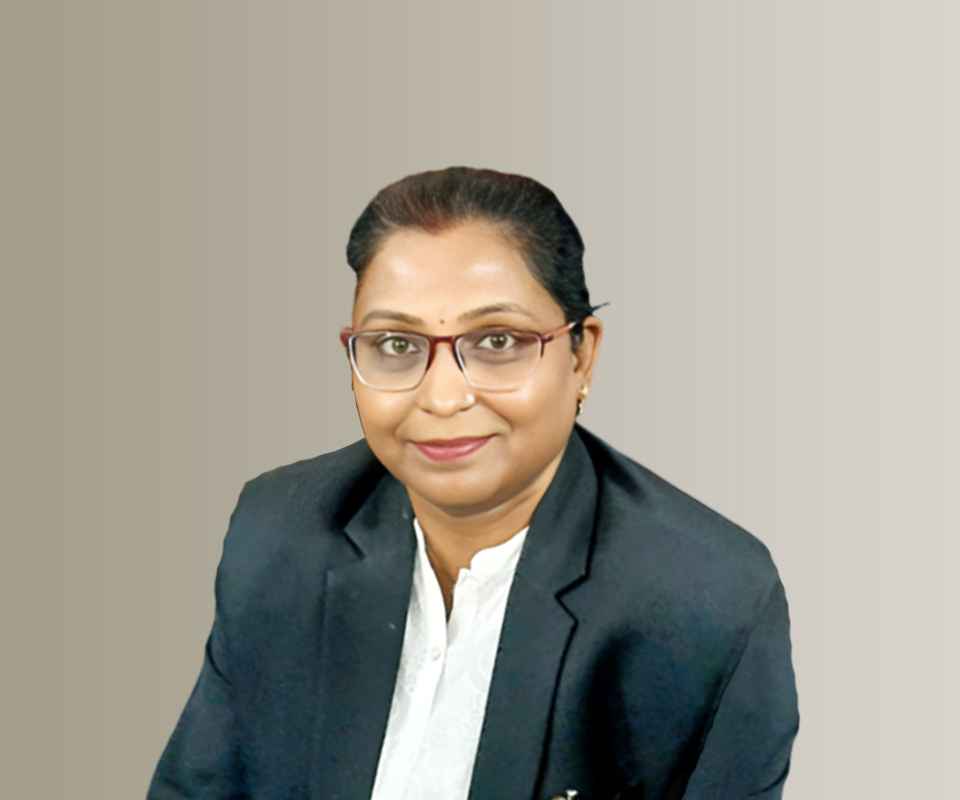Answer By law4u team
Under Indian law, the rights of illegitimate children (children born out of wedlock) have evolved over time, especially in terms of inheritance and property rights. While they were once denied many of the rights that legitimate children enjoyed, the legal framework now provides illegitimate children with significant protections, ensuring they are not excluded from key family benefits.
Key Rights of Illegitimate Children:
Right to Inheritance from Mother:
Illegitimate children have the right to inherit from their mother. This right is uncontroversial under Indian law. Whether the mother is married or unmarried, her children, legitimate or illegitimate, have equal rights to her property upon her death, according to the Indian Succession Act, 1925.
Right to Inheritance from Father:
Under the Hindu Succession Act, 1956, illegitimate children do not have an automatic right to inherit their father’s property unless the father has recognized them or provided for them in a will. In cases of intestate succession (when there is no will), the illegitimate child can inherit from the father if the father had legally acknowledged the child.
A child born out of wedlock cannot inherit from the father unless the father has recognized the child as his own. If the father dies intestate, the illegitimate child is not considered a legal heir under the Act, and cannot claim a share in his ancestral property.
Right to Property from Father (Under Will or Recognition):
An illegitimate child can inherit from the father's self-acquired property if the father has legally acknowledged the child, either during his lifetime or in a will.
If the father has acknowledged the child or the child has been legally adopted by the father, then the child can inherit both self-acquired property and a share of the ancestral property under the laws of intestate succession.
Right to Maintenance:
Illegitimate children are entitled to maintenance from their parents, including from the father. This entitlement extends until the child reaches adulthood or is self-supporting.
Under the Maintenance and Welfare of Parents and Senior Citizens Act, 2007, an illegitimate child can claim maintenance from the father, especially if the child is unable to support themselves.
Right to Legitimacy (in Cases of Marriage or Acknowledgment):
If an illegitimate child is legally acknowledged by the father or if the father marries the mother after the child’s birth, the child may be legitimized and gain full inheritance rights, as if the child were born within marriage. The Indian Evidence Act provides that if a child is born within 280 days of a mother’s marriage, it is presumed to be a legitimate child, but the legal acknowledgment by the father is critical.
Right to Share in Ancestral Property (If Acknowledged):
If the father acknowledges an illegitimate child, the child can inherit a share in ancestral property (HUF property), the same way as a legitimate child, as per the Hindu Succession (Amendment) Act, 2005. However, this only applies if the father had a Hindu Undivided Family (HUF), and the child is formally acknowledged as part of the family.
Equal Right to Maintenance in the Case of Divorce:
In the event of the divorce of the mother or father, the illegitimate child can still claim maintenance from either parent under the Hindu Adoption and Maintenance Act, 1956. The child’s right to maintenance cannot be denied based on the status of the child being illegitimate.
Examples:
Example of Inheritance from Mother:
If Mrs. Meena has an illegitimate son, Ravi, and Mrs. Meena passes away, Ravi has the legal right to inherit his mother’s property, as per the Indian Succession Act. He can claim his share, as the law provides for inheritance from the mother’s side to all children, whether legitimate or illegitimate.
Example of Father’s Acknowledgment:
If Mr. Raj has a child, Ayesha, born out of wedlock, and later he acknowledges Ayesha as his daughter and writes a will stating that Ayesha will inherit his property, she will have full rights to inherit his self-acquired property as per the terms of the will. However, if Mr. Raj dies intestate (without a will), Ayesha’s rights to inheritance may be disputed unless she was formally acknowledged.
Example of Maintenance:
If an unmarried father, Mr. Arun, refuses to support his illegitimate child, Priya, she can seek maintenance from him through the court. The child can also claim support if the mother is unable to provide for the child.
Important Considerations:
Acknowledgment by Father:
The right to inherit from the father is primarily dependent on whether the father acknowledges the illegitimate child. A will or legal recognition is essential for an illegitimate child to inherit from the father.
Disputes Over Legitimacy:
In cases where the father does not acknowledge the child, disputes may arise, and the child may need to prove paternity through legal means, such as a DNA test or other legal procedures.
Maintenance Rights:
Even if an illegitimate child does not have inheritance rights from the father, the child is still entitled to maintenance. The courts ensure that no child, legitimate or illegitimate, is deprived of basic sustenance and support.
Conclusion:
Illegitimate children in India have a range of legal rights, particularly concerning maintenance and inheritance from their mother’s property. While they face some challenges in claiming inheritance from the father’s property, legal recognition or acknowledgment by the father can grant them equal rights to his self-acquired property. The law has evolved to provide more equality and support to children, regardless of their legitimacy.







